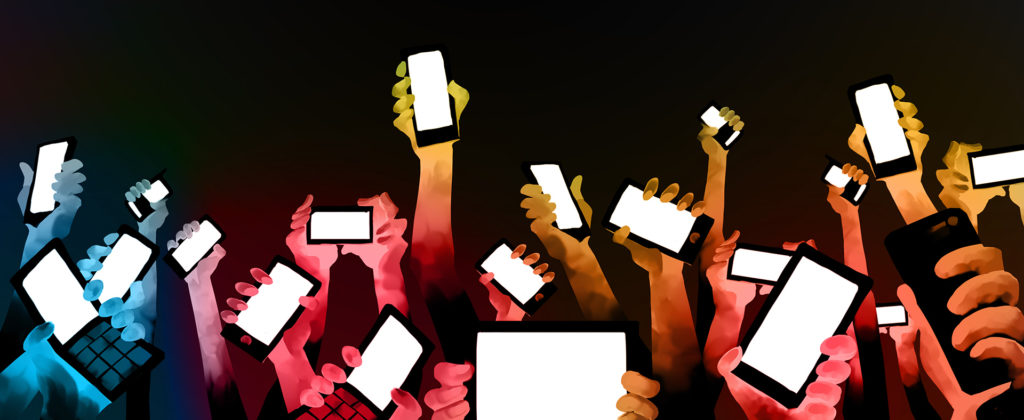The #KeepItOn coalition has received numerous reports of an internet shutdown, with the suspension of broadband and mobile data as well as voice calling services, in numerous neighborhoods in Delhi, India. These reports have been corroborated by two telecom service providers in Delhi, namely Vodafone India and Airtel, and residents who are currently experiencing difficulty accessing the internet. Reports indicate that the Special Branch of the Delhi Police — controlled directly by the Government of India’s Ministry of Home Affairs — ordered service providers via a letter to suspend internet connections.
Access Now as part of the #KeepItOn coalition expresses its grave concerns at the government’s intentional denial of internet access to millions of Indian residents. Delhi is not the only city currently without internet access. Currently, Assam has been without an internet connection for eight days, and the Gauhati High Court has just ordered the government to re-establish internet access. Those in Jammu and Kashmir have now been without internet access for 137 days, suffering under the second-longest shutdown globally in 2019.
The #KeepItOn coalition has repeatedly implored the government to restore internet connections across all affected regions of India. We previously wrote to the Union Government when it cut access in Jammu and Kashmir back on August 05, 2019.
The current rights-harming, inherently disproportionate shutdown comes at a time when Indians have taken to the streets of Delhi to protest the Citizenship Amendment Act, legislation controversial for its alleged religious discrimination that was pushed through the Indian parliament on the urging of the Union Government.
“How can preemptively shutting down the internet be constitutional?” said Raman Jit Singh Chima, Asia Policy Director at Access Now. “Today, locations where journalists are headquartered and citizens were seeking to peacefully protest have been plunged into darkness. The government’s actions here are inherently undemocratic. Authorities must restore connections in all affected parts of India and must take action in the future to better protect freedom of expression, access to information, and other rights guaranteed by the Constitution of India.”
Over the last week, Indians have exercised their fundamental rights to express an opinion and peacefully protest, which is protected under the Indian Constitution and international human rights law, whether online or off. The government must respect and safeguard these rights, and must therefore keep the internet on across India.
